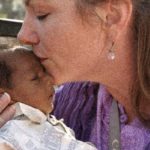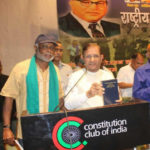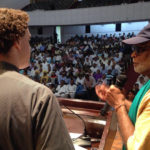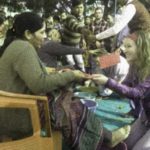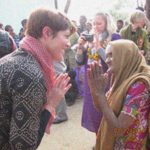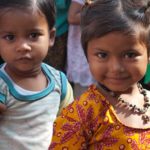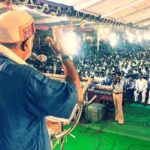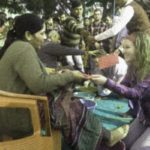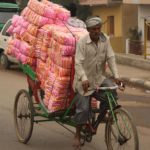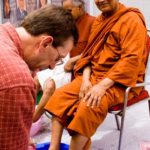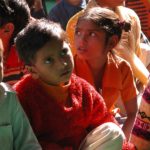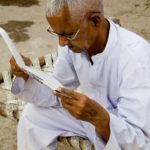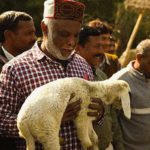
What We Do
Bringing Healing Through the Gospel of Jesus Christ
CASTE RECONCILIATION CENTER
In India, there are two types of caste discrimination. The first type is between high caste and low caste. The high caste are essentially the top three levels of the caste system (Brahmin, Kshatriya and Vaishyas), and they constitute about 20% of the population. They also have all the power in the country. They are made up of priests, an unusually high percentage of the government officials, as well as the wealthy business and landowners. The low caste are the OBC’s (about 50% of the population) and the Untouchables (about 30% of the population).
The second type of caste discrimination is between all the various low castes themselves. There is a distinct hierarchy between all the castes so that one caste is either superior or inferior to another caste. Because of this, there is great animosity between the various castes.
In India, since it is a community based society as opposed to an individualistic society like in the US, in order for something significant to occur within a caste, it must have the approval of the caste leaders. For example, most members of a particular caste often vote for whoever their leader tells them to vote for. And if caste leaders are convinced that the ideas of Truthseekers and the message of the gospel of Jesus are something they want to pursue, they open the doors for TSI to disciple their caste with Truthkeepers.
So that is why Sunil and his staff meet with the leaders of various caste groups and teach them the principles of Jesus which will help them see their commonalities, minimize their differences, and forgive each other. Below are some of the castes he has worked with:
- Walmikies (scavangers)
- Mallah (fishermen)
- Lodhi (farmers)
- Mali (gardeners)
- Yadav (animal husbandry)
- Jatav (leather workers)
- Kurumwar (shepherds)
They do this by eating together, talking and strategizing. TSI also brings together people from the various religions, including Christians, Muslims, Buddhists, Sikhs etc.
This is radical in and of itself, since the caste system discourages the various groups from socializing, eating and intermarrying. It is unlikely that anyone else brings together so many people from all the various backgrounds, to try and break down the walls that separate them and find common ground for reconciliation.
FOOTWASHING
TSI has found that footwashing has been very well received by the low caste people of India. So what they like to do is to bring Westerners to India (over Thanksgiving is a good time but just about anytime will work) and teach them about what is going on. Then a ceremony is scheduled in a low caste village and the Westerners wash the feet of low caste villagers, thereby imparting dignity to them. It is a very meaningful experience for all those involved.
A typical one week trip around Thanksgiving, which would include a trip to the Taj Mahal, is approximately $2,000 (airfare is the largest determining factor). If you are interested, please contact TSI right away.
BIBLE TRANSLATION & DISTRIBUTION
Previous Bibles were translated into the Hindi language, which is essentially the language of Brahmins. It contains words that are offensive to those that are low caste such as the OBC’s, which constitute the majority of the population of India.
For this reason, TSI sponsored a translation of the New Testament that removed these offensive words. This translation has been accepted by the International Bible Society (now Biblica US) and the New International Version. This New Testament is often given to people that show interest in becoming a Truthseeker or a follower of Jesus. TSI also has the desire to translate the Old Testament as well and is in the process of raising funds to do so.
RALLIES
If there is a significant issue that needs attention, TSI will often organize a rally to raise awareness. One such rally was to address the injustice of farmer suicides (see the story pertaining to this). These rallies not only attract large crowds, but also politicians and television cameras. The goal is not only to raise awareness, but to bring about tangible change in laws and those mechanisms that perpetuate the problem.
There have been rallies to address religious persecution and to promote openness and tolerance.
FUTURE PROJECTS
- Women’s Empowerment Center
- Martin Luther King, Jr. Education Center

